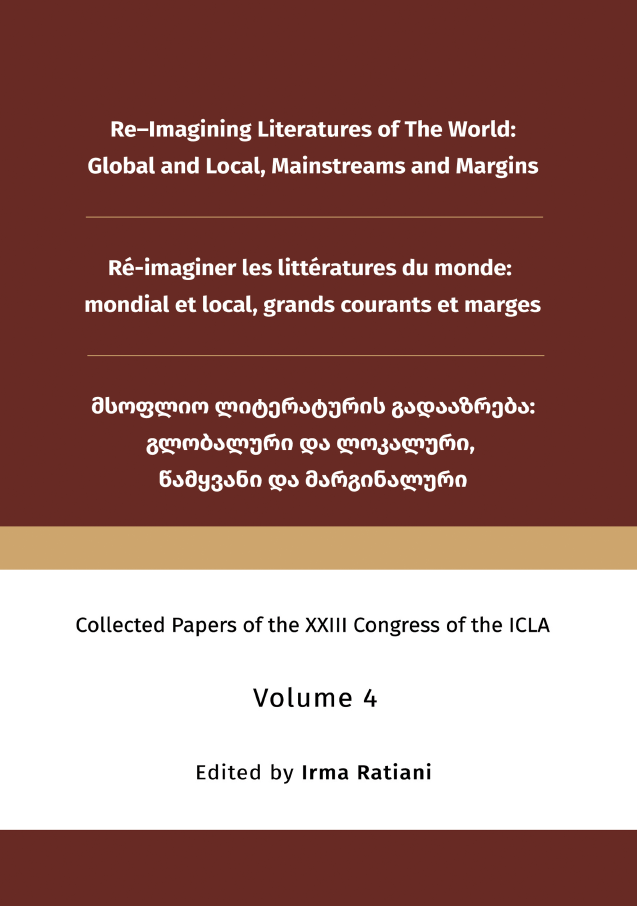The Killjoy Mother: Navigating the Mother-Daughter Relationship in Avni Doshi's Burnt Sugar
Main Article Content
Abstract
Avni Doshi's Burnt Sugar (2020) narrates the story of a mother who disrupts the hegemonic discourse of motherhood by refusing to abnegate her desires for the sake of her child completely. This decision has significant ramifications for the daughter, who grapples with an ontological crisis and feelings of estrangement as she internalises patriarchal ideologies and grapples with her mother's humanity. The novel conceives of motherhood as a liminal space in which women must confront and negotiate the boundaries between their own subjectivities and their obligations to their children. Through an analysis of Sara Ahmed's understanding of happiness as a product of conformity to societal norms of family and marriage, the novel calls into question the fates of women who resist these norms. The novel dances on the edges of abstract notions of motherhood inconsistent with embodied experiences of motherhood. Ultimately, Doshi's narrative framework reclaims the agency and individuality of mothers, depicting them not simply as nurturers and caretakers but as multifaceted individuals with their desires and choices.
